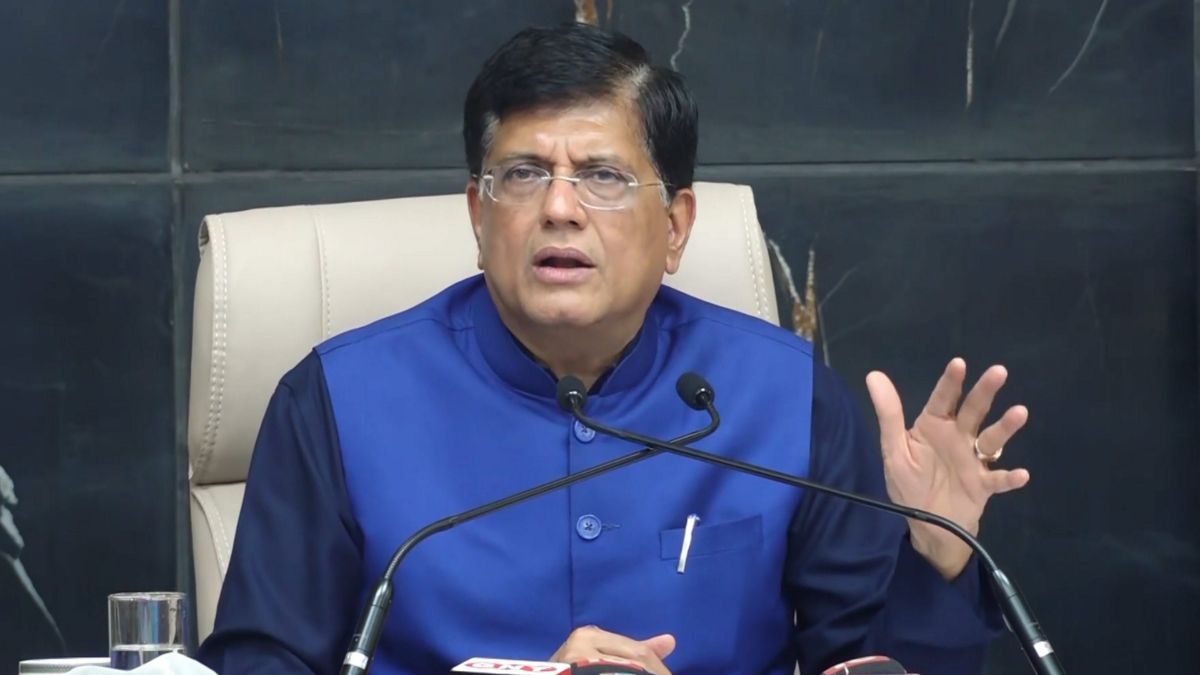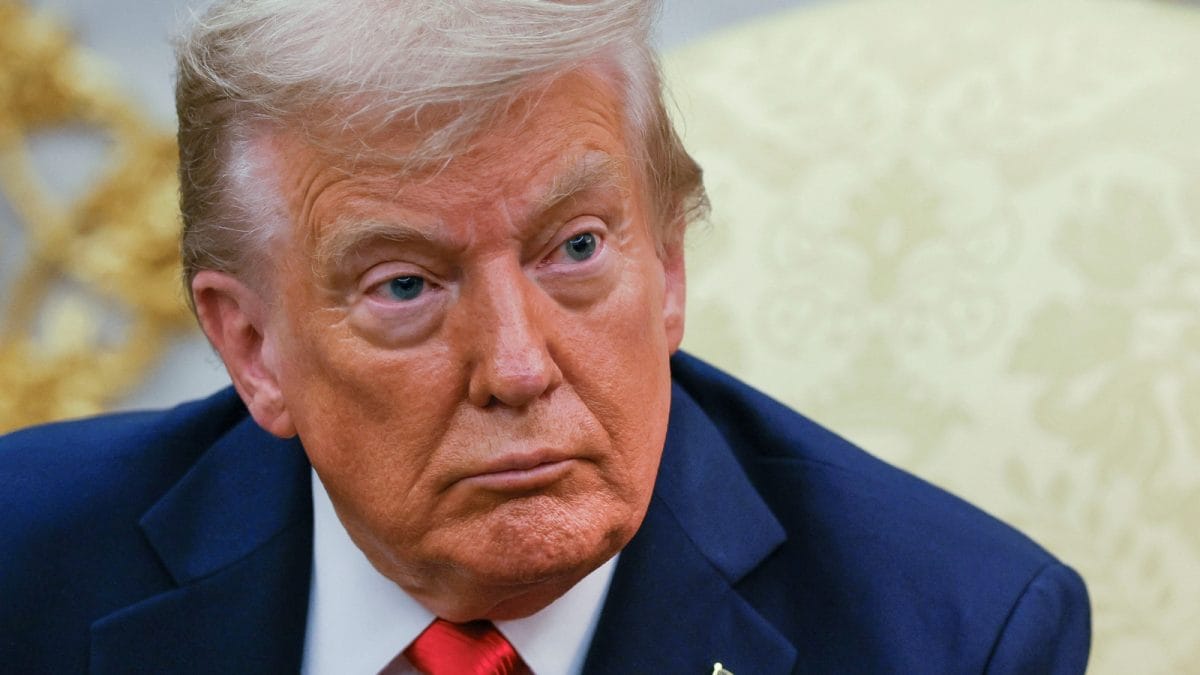Commerce and Industry Minister Piyush Goyal on Tuesday said he is hopeful that India and the United States will finalise their proposed bilateral trade agreement (BTA) by the fall, possibly by November this year.
He said that progress on the deal had been slightly delayed due to “a little bit” of geopolitical issues overshadowing trade discussions during the negotiations.
“I do hope that things will get back on track soon and we will conclude a bilateral trade agreement by the fall, November or so, as was discussed by our two leaders in February,” PTI quoted Goyal as saying at the Annual Global Investor Conference 2025 in Mumbai.
In his virtual address, he highlighted the global enthusiasm to expand trade and business ties with India.
“We have had a little bit of geopolitical issues overtaking trade issues in our negotiations with the United States of America,” he added.
He said that India has already signed free trade agreements with Australia, the UAE, Mauritius, the UK, and the European bloc EFTA.
“Lots happen, lots more to go… With the US, we are in dialogue with them on a BTA,” he said earlier at an industry chamber event on sustainability.
India and the US have been negotiating the bilateral trade agreement since March, completing five rounds of talks so far.
A US delegation was scheduled to visit India on August 25 for the next round but postponed the trip after India imposed a 50% duty on some US goods starting August 27. No new dates for talks have been set yet.
The two countries aim to finalise the first phase of the BTA by this fall, targeting to more than double bilateral trade in goods and services to $500 billion by 2030 from the current $191 billion.
Despite tensions, US Treasury Secretary Scott Bessent expressed optimism, saying, “At the end of the day, the two great countries will get this solved. Delhi’s values are much closer to ours and to China’s than to Russia’s.”
Bessent, in an interview with Fox News, also termed the Shanghai Cooperation Organisation (SCO) as being largely performative.
His remarks came after the annual summit of the SCO took place in the Chinese port city of Tianjin on Sunday and Monday.
“I think at the end of the day, India is the most populous democracy in the world. Their values are much closer to ours and to China’s than to Russia’s.”
“I think at the end of the day, two great countries (India and the US) will get this solved. But the Indians have not been great actors in terms of buying Russian oil and then reselling it, financing the Russian war effort in Ukraine,” he claimed.
India has defended its Russian oil purchases, stating that energy decisions are guided by national interest and market forces.
Bessent’s comments came in response to questions about the status of the India-US relationship amid the Trump administration’s 50 per cent tariffs on India over its purchases of Russian oil.
India has called the tariffs “unjustified and unreasonable.”
Goyal said India’s resilient supply chains ensure the country is not at the “mercy of any other country choosing to switch on or switch off the tap.”
This, he added, is fueling India’s journey towards Atmanirbharta and giving young Indians the confidence to face global challenges.
Goyal also said negotiations for the India-EU free trade agreement are in an advanced stage.
“We are making very active and significant progress,” he said, adding that Commerce Secretary Sunil Barthwal is in Brussels for talks with EU officials on the pact.
The 13th round of negotiations between India and the EU will begin here on September 8.
After the meeting, European Commissioner for Trade Maros Sefcovic is likely to visit India next month to take stock of the progress of the agreement.
As there is a deadline to conclude the negotiations by the end of this year, this round is important. The 12th round of talks concluded in Brussels.
In June 2022, India and the 27-nation EU bloc resumed negotiations for a comprehensive free trade agreement, an investment protection agreement and a pact on geographical indications (GIs) after a gap of over eight years.
It was stalled in 2013 due to differences on the level of opening up of the markets.
On February 28, Prime Minister Narendra Modi and the European Commission President agreed to seal a much-awaited free trade deal by the end of this year.
The India-EU trade pact negotiations cover 23 policy areas or chapters, including Trade in Goods, Trade in Services, Investment, Sanitary and Phytosanitary Measures, Technical Barriers to Trade, Trade Remedies, Rules of Origin, Customs and Trade Facilitation, Competition, Trade Defence, Government Procurement, Dispute Settlement, Intellectual Property Rights, Geographical Indications, and Sustainable Development.
The EU market accounts for about 17 per cent of India’s total exports, while the EU’s exports to India make up 9 per cent of its total overseas shipments.
With inputs from agencies
End of Article

)

